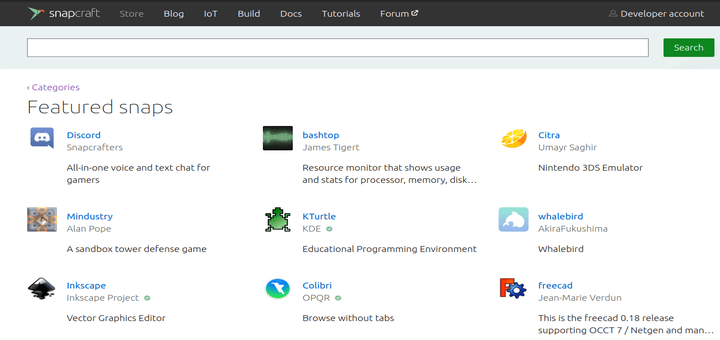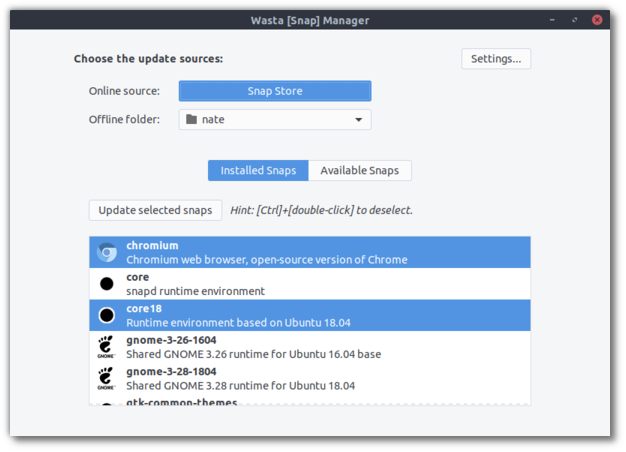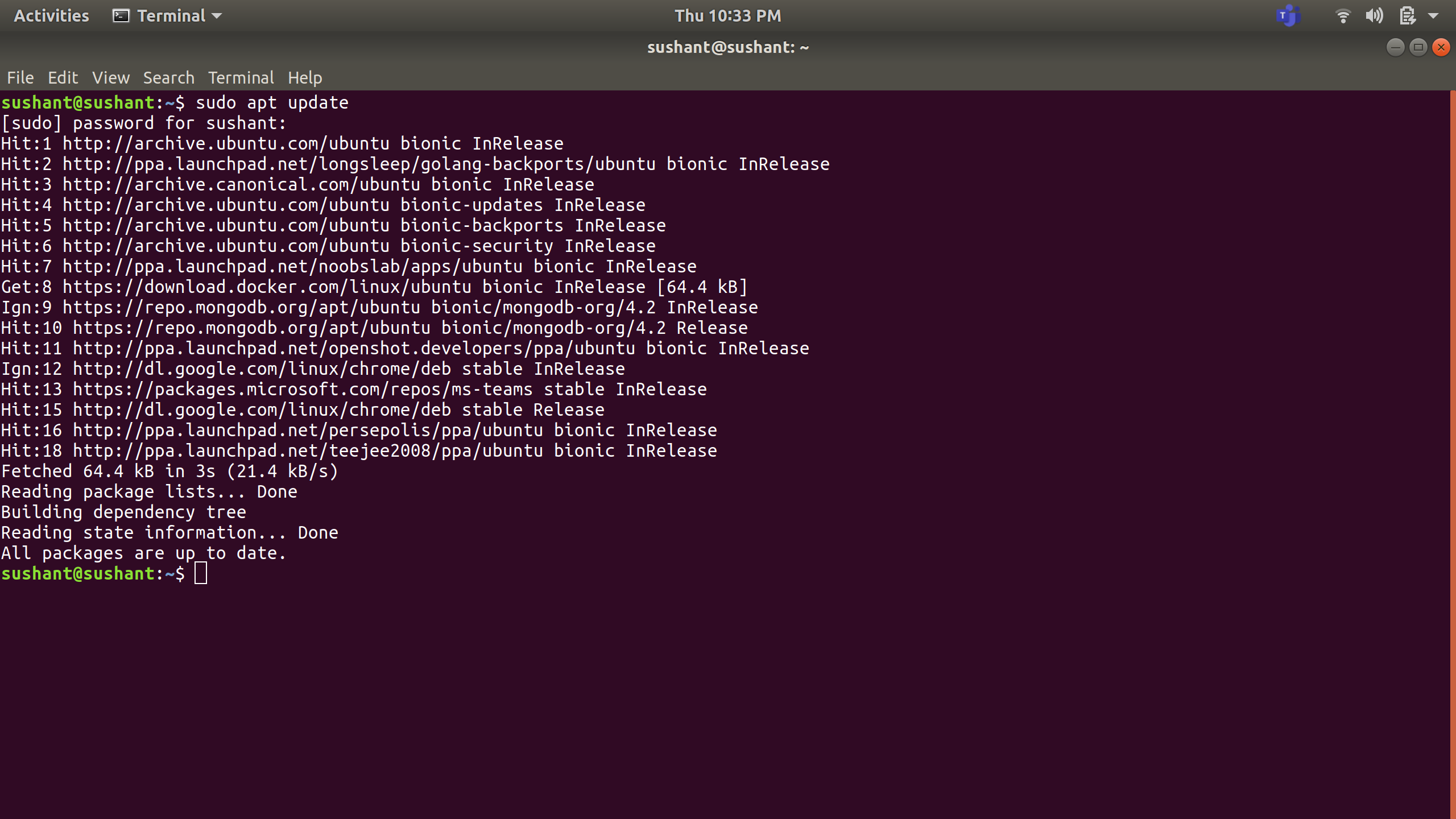

Additionally, mobile also needed to confine apps and sandbox them, so that they would not compromise the entire platform.Ĭlick enabled developers to bundle all dependencies into a single app package, so users and developers didn’t have to worry about conflicting systems and app libraries. The origin of Snap finds its roots in Click, a solution that Canonical created for its mobile platform back in 2014, to handle the complexity of delivering apps to Ubuntu phone and tablet users, an ecosystem far different from desktops and servers. Snap is Canonical’s attempt to refine the app packaging and delivery mechanism on the Linux platform. The announcement ruffled some feathers within the Linux community, who saw scant evidence of any other Linux distro supporting Snaps. Stop the snapd service from running on Ubuntu by configuring systemd with the following commands.A few weeks ago, Canonical announced cross distribution support for Snap application delivery mechanism, one that could support mobile, desktop and server-based applications. If you’re not actually using the Snap package manager, then you can just remove it from your system completely, which will obviously stop any updates as well. But we still have a few options to disable Snap refreshes/updates, as you’ll see below.

There’s no official command to permanently disable Snap updates. The output above shows that snapd is configured to check for updates 4 times each day, and also shows the last time it checked for updates, and when it plans to check for updates again. To see this on your own system, you can run the following command.
Snap package manager on ubuntu update#
Snap calls these updates a “refresh,” but they are essentially an update check which will upgrade your Snap packages in the background. $ sudo systemctl unmask rviceīy default, the Snap package manager on Ubuntu will check for updates 4 times per day. $ sudo systemctl enable apt-daily-upgrade.timer If you need to re-enable automatic updates, you can reinstall the unattended-upgrades package and enable the upgrade timers with the following commands: $ sudo systemctl disable apt-daily-upgrade.timer $ sudo apt purge -auto-remove unattended-upgradesĪnd then disable the system upgrade timers left behind. This is only recommended for system administrators who have a strong understanding of the risks involved. It’s also possible to remove the unattended-upgrades package completely from your system. In case you want to re-enable automatic updates, just change the directives back to “1”.ĪPT::Periodic::Download-Upgradeable-Packages "1" Upgrades and package downloads are now under your complete control, so don’t forget to manually update your system every once in a while. Now you won’t need to worry about Ubuntu holding the apt package manager hostage when you try to use it. When done, save your changes and exit the file.ĪPT::Periodic::Download-Upgradeable-Packages "0" To disable automatic updates completely, make sure all these directives are set to “0”. Open it with nano or your favorite text editor to make some changes to it. Update preferences are stored in the /etc/apt//20auto-upgrades file.

Once you’ve made the changes, you can close this window.ĭisable Automatic Updates via Command Lineġ. Head over to the “updates” tab and change the “automatically check for updates” option to never. First, open up the “Software & Updates” utility.Ģ.
Snap package manager on ubuntu install#
Personally, we prefer to disable automatic updates on test machines in order to prevent the could not get lock error, which is caused by trying to use the package manager to install software when the system is already using the process to check for updates.ġ. You should only disable automatic updates on test machines. By disabling automatic updates, you assume the risk of your system falling out of date and susceptible to security risks.


 0 kommentar(er)
0 kommentar(er)
